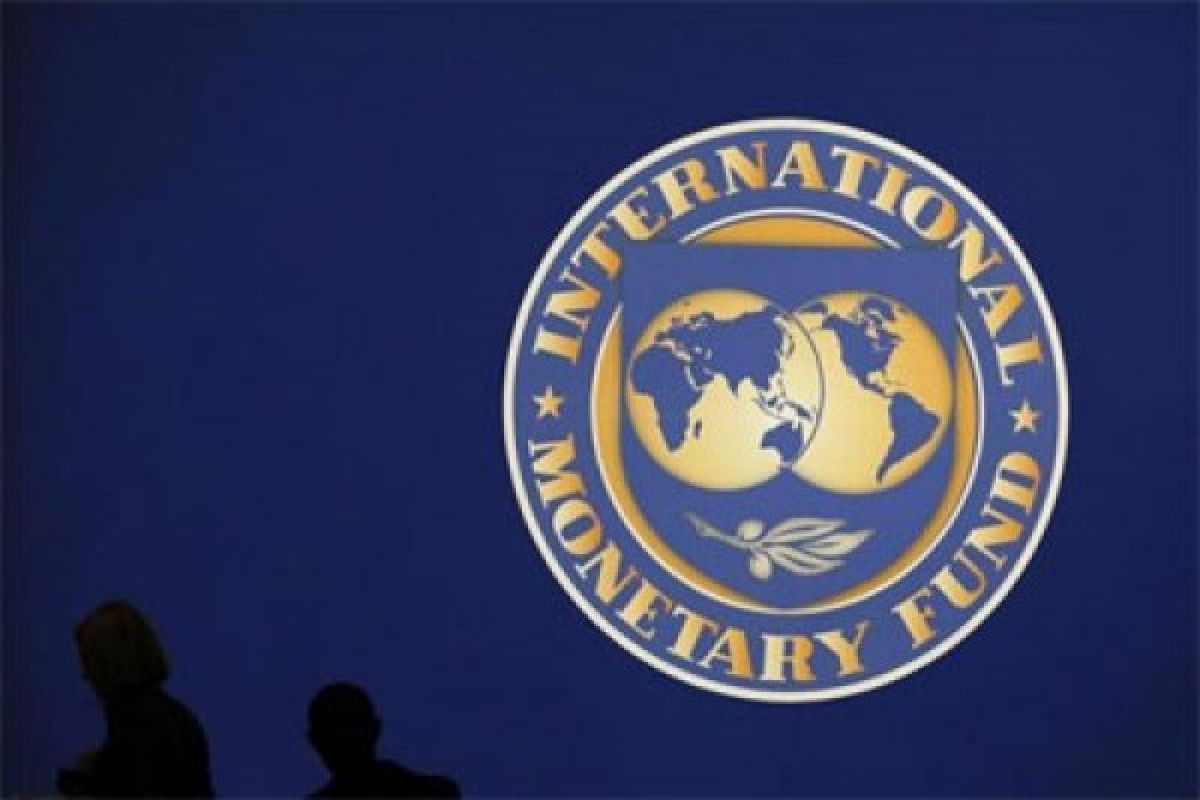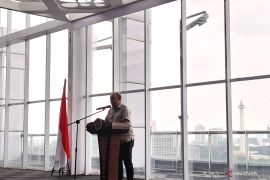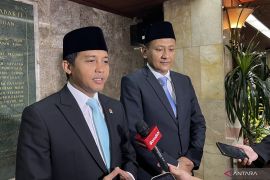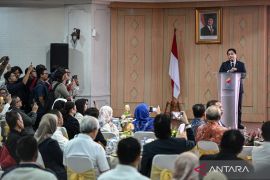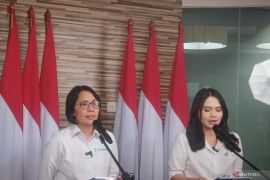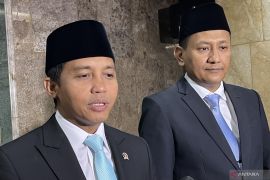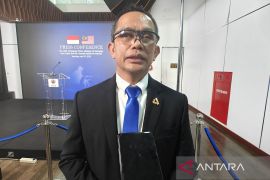IMF`s Director of Asia and Pacific Department Changyong Rhee noted on a statement received here on Friday, that like many other emerging market economies, Indonesia has been facing capital outflows and depreciation pressures in recent weeks.
Indonesian currency rupiah has been depreciating to around Rp14 thousand per US dollar that mainly influenced by external factors since last April.
To respond the continuing depreciation, Bank Indonesia, the central bank of Indonesia, had raised again the BI 7-day Reverse Repo Rate by 25 bps to 4.75 percent on May 30, in an effort to strengthen stability.
Bank Indonesia also raised the Deposit Facility (DF) and Lending Facility (LF) rates by 25 bps to 4 percent and 5.50 percent, respectively, effective May 31, 2018.
"Bank Indonesia`s increases in the policy rate on May 17 and May 30 were appropriate to address possible risks to inflation from the recent strengthening of the US dollar globally, higher international interest rates and oil prices," Rhee said.
IMF lauded Bank Indonesia for making appropriate response by allowing interest rates and the exchange rate to adjust.
"While the current situation calls for enhanced vigilance and close monitoring, Indonesia is now in a much stronger position than in the past to face external shocks due to the health and resilience of the economy," Rhee noted.
The decision to raise the policy rate is part of Bank Indonesia`s short-term policy, which prioritizes stability in a monetary policy, especially for the rupiah exchange rate.
First, a pre-emptive, ahead-of-the-curve and front-loading policy rate response will be taken to stabilize the rupiah exchange rate, while consistently controlling inflation within the 2018-2019 target range of 3.5?1 percent.
Second, Bank Indonesia will continue to optimize dual intervention in the foreign exchange market and government securities (Surat Berharga Negara SBN) market to stabilize rupiah exchange rates, adjust fair prices in the financial markets and maintain adequate liquidity in the money market.
Third, the monetary operations strategy will be oriented towards maintaining adequate liquidity in the rupiah money market and the interbank swap market.
Fourth, intensive communication with market players, the banking industry, business community and economists will be used to form rational expectations, thus helping to mitigate the rupiah overshooting the currency`s fundamental level.
(T.A060/A/A060/A/O001)
Reporter: antara
Editor: Heru Purwanto
Copyright © ANTARA 2018
